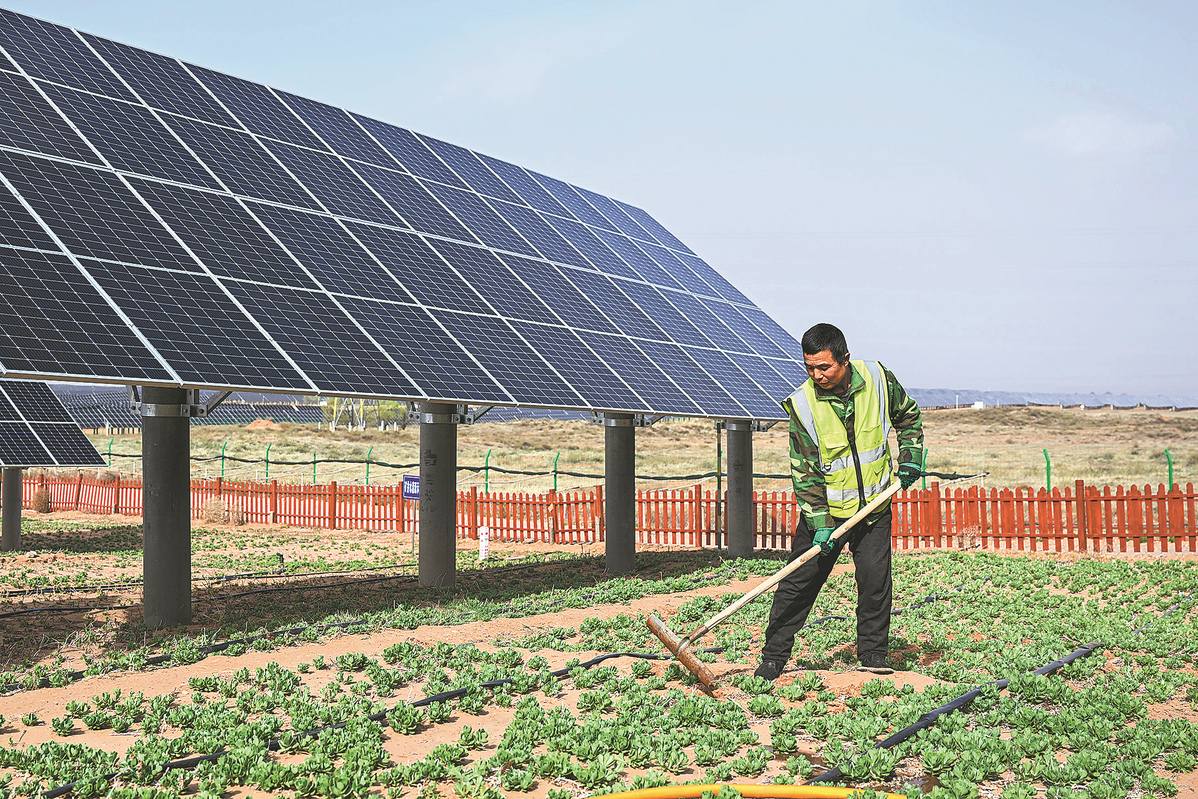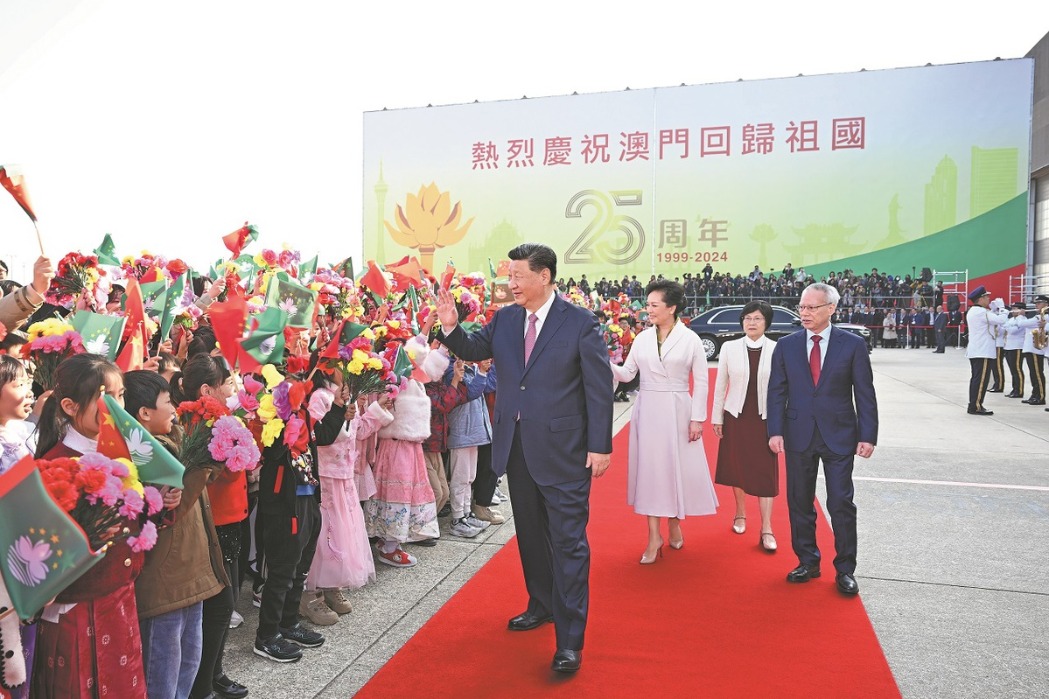Eco-friendly mining helps drive environmental cleanup


In the coal sector, for instance, operators are required to adopt innovative, environmentally friendly methods. To reduce pollution, they must minimize land use and the amount of coal gangue (commercially worthless material) that is transported out of the mines, and take a range of measures to control surface collapse.
In areas with fragile ecosystems in the country's western regions, coal mining should be conducted with methods that favor the conservation of water and soil, while at least 85 percent of the wastewater generated in mines should be reused, the document said.
According to a March report by China Natural Resources News, more than 1,100 mines nationwide have been listed as national-level green mines, including the Dafanpu Mine, which made the list in 2019.
Li said that after the establishment of the agricultural subsidiary, grapevines, apple trees and vegetables were introduced to develop eco-agriculture as a way of rehabilitating the mining areas.
"We aim to leave future generations and local residents a green and sustainable industry," he said.
According to Liliang, Xiao is one of 80 locals who work as regular employees for its Liangyun subsidiary, with each person earning an average of 60,000 to 70,000 yuan a year.
Meanwhile, about 100 extra villagers are hired during the busy harvest season, with each worker earning 240 yuan a day, it said.
To date, more than 33 hectares of wine grapes, 40 hectares of apple trees and about 6.7 hectares of vegetables have been planted in the mining area, Li said. A winery with an annual production capacity of 200 tons is under construction and is expected to become operational in September.
Li said the company expects to see annual income of about 10 million yuan from both the winery and apple programs in 2028.
Meanwhile, by 2027, the apple orchard will be expanded to 66.7 hectares, producing more than 2,000 tons of produce a year, according to the company.
It said that it will explore a rural vitalization model to operate the apple orchard, and it will feature cooperation between businesses, village collectives and households.
Moreover, cooperatives will be established between the coal mine and villages to promote the planting of apple trees in other areas and create a win-win for the company and local communities.
The grapevines and apple trees have now transformed the "chicken claws" into lush mountains. In fact, visitors will find few clues to indicate that the area is a coal mine, as all its operations, ranging from production, storage to coal washing to transportation, are conducted in sealed conditions and no coal is ever visible.























